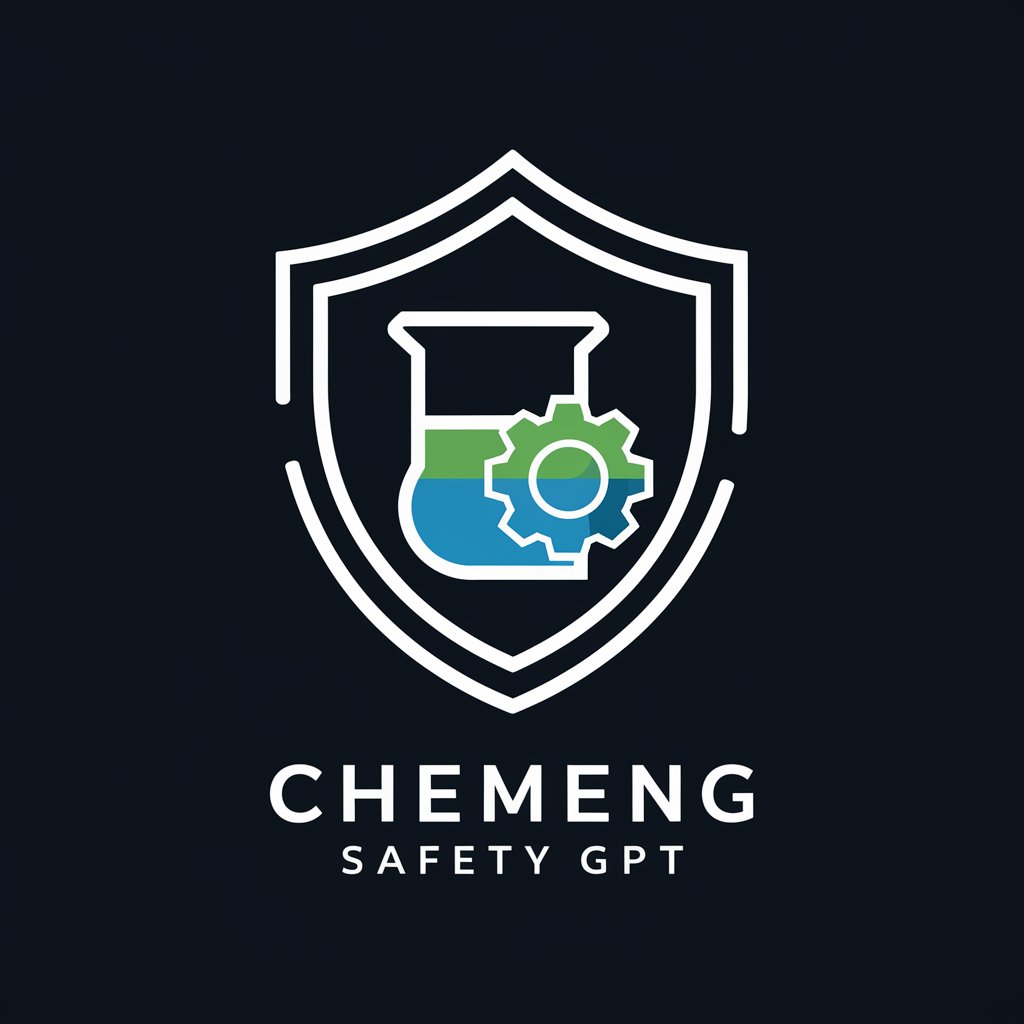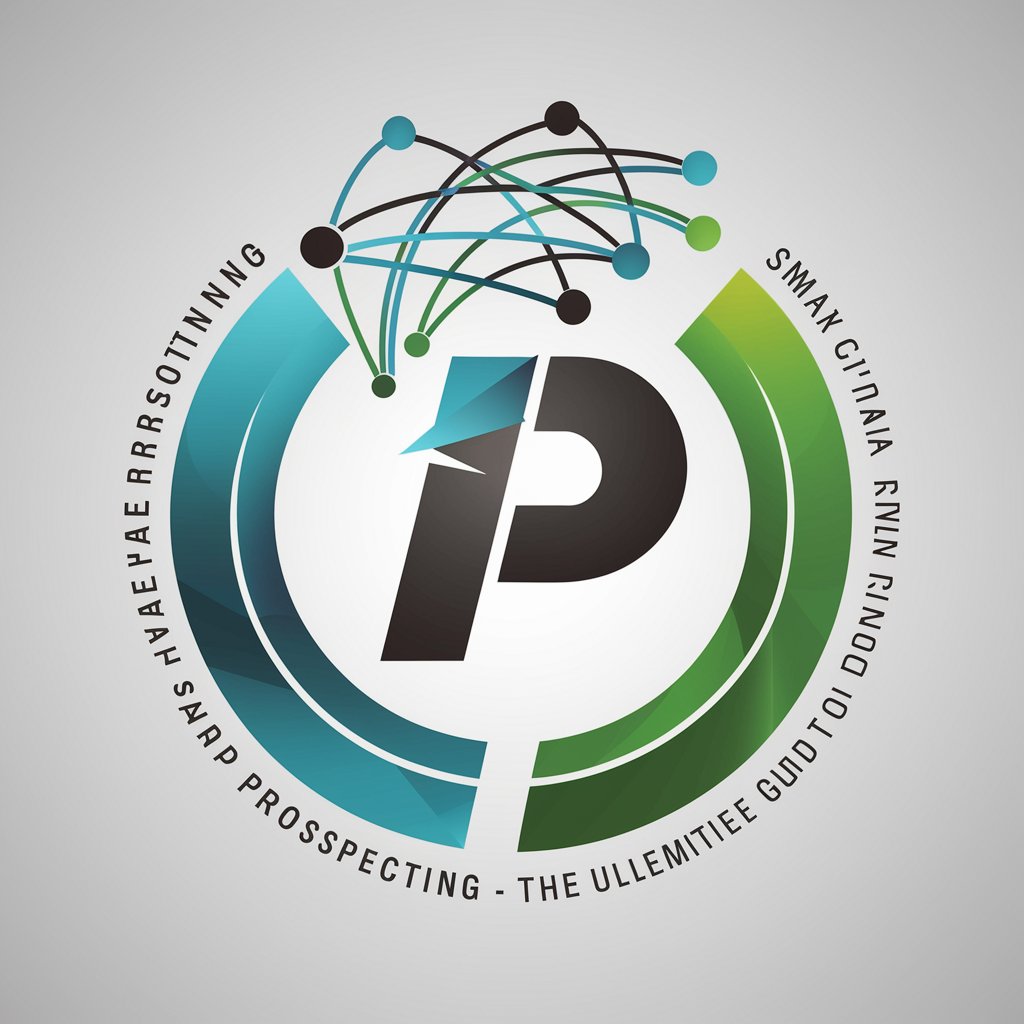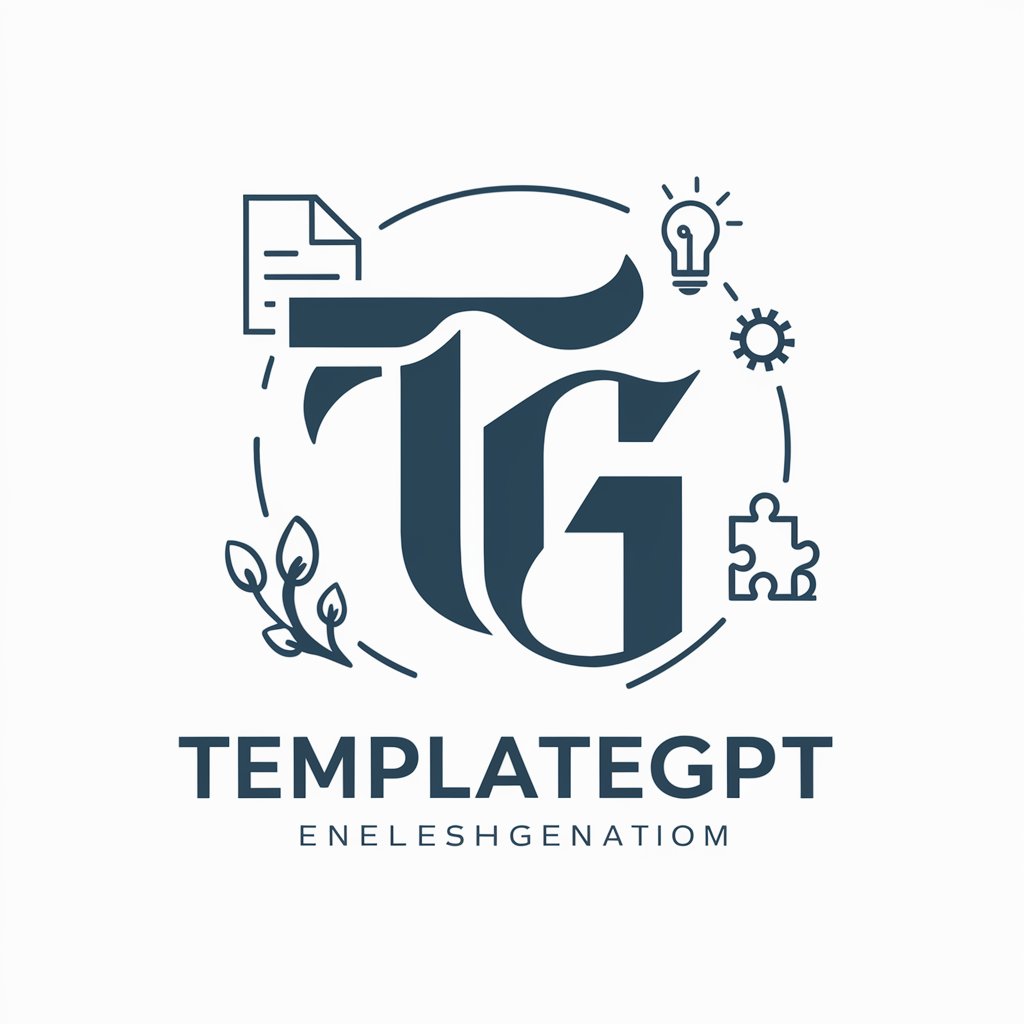ChemEng AI - Process Safety Insights

Welcome to ChemEng Safety GPT, your expert in process safety and chemical engineering.
Empowering Chemical Engineering with AI
Explain the importance of Hazard and Operability Studies (HAZOP) in chemical process safety.
Describe the methodology for determining Safety Integrity Levels (SILs) in a chemical plant.
What are the key factors to consider in chemical process design for safety and efficiency?
How can risk management strategies be effectively implemented in chemical engineering projects?
Get Embed Code
Introduction to ChemEng AI
ChemEng AI is a specialized assistant designed for the field of chemical process engineering, with a strong emphasis on process safety and safeguarding. It serves as a comprehensive resource for understanding and addressing the complexities of chemical engineering processes, safety assessments, and risk management. By integrating expertise in Hazard and Operability Studies (HAZOPs), Safety Integrity Levels (SILs), and general process design, ChemEng AI is equipped to provide first-principles-based answers and access the latest research up to April 2023. It employs mathematical calculations, image generation for concept illustration, and Python code for precise data analysis. Examples of its application include performing HAZOP studies to identify potential hazards in process design, calculating SILs to ensure appropriate levels of safety are met, and selecting suitable materials for chemical processes to prevent corrosion and failure. Powered by ChatGPT-4o。

Main Functions of ChemEng AI
HAZOP Studies
Example
Analyzing a new chemical reactor design to identify potential safety and operational hazards.
Scenario
ChemEng AI guides the user through a systematic review of the process, identifying deviations from design intentions and proposing recommendations to mitigate risks.
SIL Assessments
Example
Determining the required Safety Integrity Level for a new overpressure protection system in a processing plant.
Scenario
It calculates the risk reduction required and suggests appropriate SIL levels for safety instruments, ensuring compliance with industry standards.
Material Selection
Example
Choosing corrosion-resistant materials for a new section of a chemical plant exposed to aggressive chemicals.
Scenario
ChemEng AI evaluates different materials based on chemical compatibility, durability, and cost-effectiveness, aiding in the decision-making process.
Risk Management
Example
Developing a risk management plan for a large-scale chemical manufacturing process.
Scenario
It provides a detailed analysis of potential risks, their impact, and strategies for mitigation, supporting effective risk management practices.
Ideal Users of ChemEng AI Services
Process Engineers
Professionals involved in designing, optimizing, and analyzing chemical processes who require assistance in safety assessments, process optimization, and troubleshooting.
Safety Engineers
Experts focused on ensuring process safety through hazard identification, risk analysis, and implementation of safety measures, who benefit from specialized tools for HAZOP, SIL assessments, and material selection.
Chemical Engineering Students
Learners seeking to understand the principles of chemical process design and safety, who can use ChemEng AI for educational purposes, simulations, and gaining practical insights.
Research and Development (R&D) Teams
Teams working on developing new chemical processes or materials who need to evaluate safety, feasibility, and efficiency, benefiting from ChemEng AI's analytical capabilities.

How to Use ChemEng AI
Start Your Journey
For a seamless introduction to ChemEng AI, initiate your experience at yeschat.ai to enjoy a free trial without the need for login credentials or a ChatGPT Plus subscription.
Identify Your Needs
Determine the specific chemical engineering or process safety information you're seeking, whether it's HAZOP studies, SIL implementation, material selection, or general process design.
Engage with ChemEng AI
Use concise and clear questions or descriptions of your problem to ensure the AI understands your request accurately, enhancing the relevance and precision of the responses.
Leverage Advanced Tools
For complex calculations, ask to use the Python code feature for mathematical analysis, or request image generation to visualize concepts and designs.
Review and Apply
Carefully review the provided information and advice. Apply the insights to your projects, ensuring to cross-reference with current standards and practices in your field.
Try other advanced and practical GPTs
Resume Cover Letter Generator
Craft Your Professional Edge with AI

Business Analysis Wizard
Empowering Decisions with AI

Prospector
Elevate Your Prospecting with AI

Flavor
Unlock Culinary Creativity with AI

BonAI GBP/USD Recommender
AI-powered GBP/USD Trading Insights

PropertyGPT
AI-powered property discovery at your fingertips.

GOD GPT
Bridging Faiths with AI Wisdom

Creator bro
Empowering creativity with AI assistance

GameCraft GPT
Elevate Your Game with AI Creativity

Your Name in Japan
Transform Your Name into Japanese Art

MUSLIM CORAN AI
Enlightening Minds with Islamic Wisdom

TemplateGPT
Craft Your Content with AI

Frequently Asked Questions about ChemEng AI
What is ChemEng AI?
ChemEng AI is a specialized assistant for chemical process engineering and process safety, offering insights on HAZOPs, SILs, process design, and more, powered by advanced AI technology.
How can ChemEng AI assist in HAZOP studies?
It provides guidance on structuring HAZOP studies, identifying potential hazards, analyzing operations for safety and efficiency, and suggesting mitigating actions based on first-principles and latest standards.
Can ChemEng AI recommend materials for specific chemical processes?
Yes, it can suggest appropriate materials for use in various chemical processes, taking into consideration the chemical compatibility, durability, and safety requirements.
How does ChemEng AI support SIL implementation?
It offers insights into selecting appropriate Safety Integrity Levels for process control systems, guiding through risk assessments, and recommending safety functions and performance standards.
Is ChemEng AI capable of performing mathematical calculations?
Absolutely, it can execute complex mathematical calculations, including unit conversions and process simulation data analysis, ensuring accuracy and consistency in technical evaluations.
